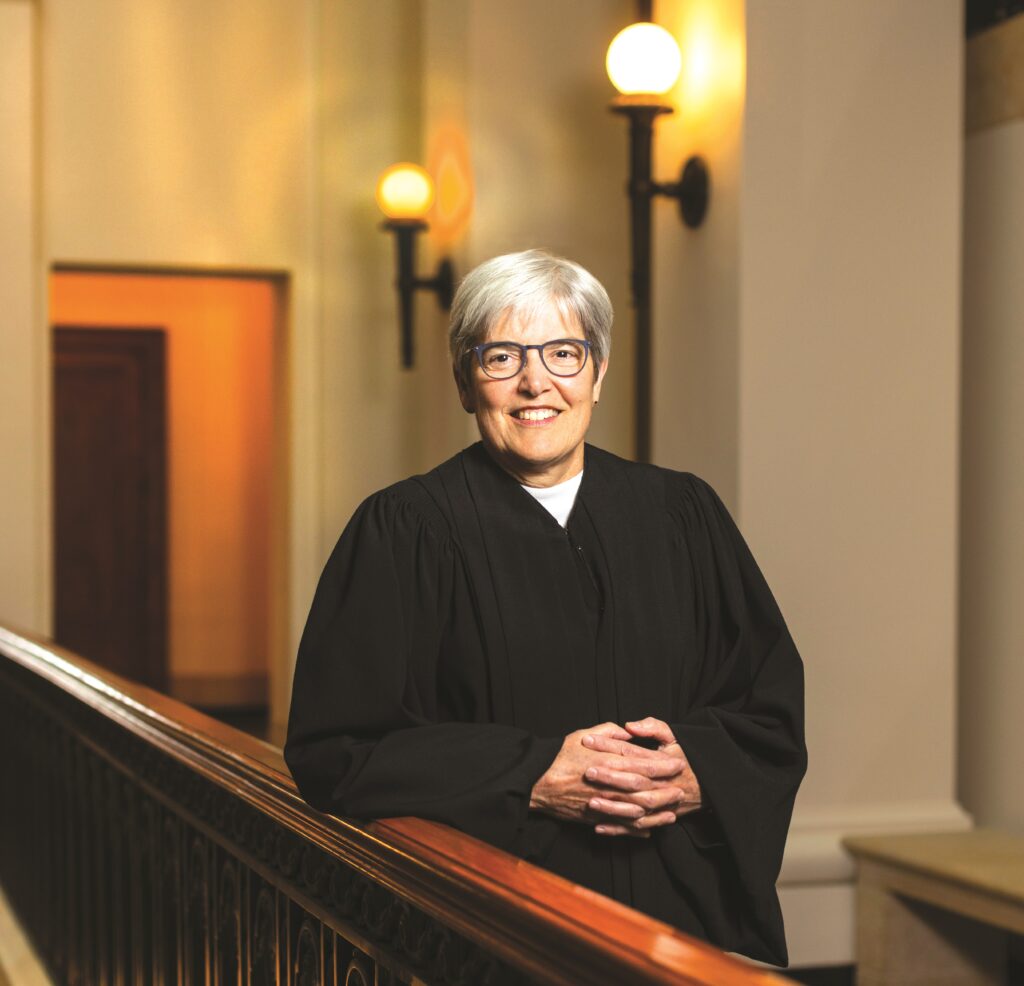Women have reached the highest levels of the legal profession, and there are many reasons for optimism about our prospects; however, there are also signs that barriers to true gender equality in the law remain stubbornly in place:
- Gender bias affects job application processes (e.g., Patricia and Patrick have identical resumes; Patrick is the favored candidate). In fact, a 2014 study published by Proceedings of the National Academy of Sciences found that female and male managers are twice as likely to hire a man as a woman.
- Gender bias persists in performance evaluations. Effective self-evaluations tout individual achievements, but most women naturally think and speak in “we” rather than “I.” Research, including a 2014 report for Fortune by linguist Kieran Snyder, shows that even if convinced to self-promote, women must be careful about delivery or risk being labeled “abrasive,” a criticism common for high-achieving women, from which all but the most abrasive men are immune.
- Sheryl Sandberg and Adam Grant’s New York Times article, “Madam C.E.O., Get Me a Coffee,” summarizes research showing that women (not men) are expected to do time-intensive “office housework,” including committee service, mentoring and note-taking at meetings, without receiving any benefit.
- Research by Dr. Arin Reeves suggests that persistently high female partner attrition from professional services firms is less about work-life balance and personal lifestyle choices than it is about the disconnect between firms’ reward structures and women’s greatest strengths. Women generally are superior at nurturing relationships, developing teams and delivering excellent client service (i.e., keeping clients), but inferior at asking people to hire them (i.e., getting clients). Firms, however, typically reward the person who brings in the client, but give little or no business development or billing credit to those who provide the excellent service that keeps clients coming back. Firm leaders admitted to Reeves that business development has the greatest impact on women’s progression toward parity in firms. Yet firms continue to lose talent by failing to scrutinize the one-size-fits-all business development reward structure that frustrates and exhausts many women until they quit.
- In addition to research, media coverage of female politicians such as Hillary Clinton and Carly Fiorina illustrates that women still must thread the “respectable woman” needle of looking professional without looking stiff (or loose), using a strong voice without “yelling” and being heard over constant interruptions.
It is tempting to overthink every word spoken, body position assumed and camisole purchased. Careful, though: People trust the authentic and energetic, not the cold and calculating. So, I try to absorb relevant research, hope it seeps into my subconscious and then just live my life.
Most of this research is descriptive of problems but not prescriptive of solutions. My hypothesis is that solutions will emerge from (nonabrasive) communication about examples and the effects of implicit gender bias. I talk with male and female colleagues about what our firm actually values, and strategize about how to succeed within the current structure, while identifying what should change, why and how. I trade articles, air grievances, celebrate successes and test ideas with similarly situated friends outside my organization.
Among the most fulfilling, empowering networks I communicate with is St. Thomas Law alumni. Our recent 10-year class reunion was a warm reminder of the goodwill and great memories we share and continue to build. Networks like this are the comfortable, inspiring settings in which we can reveal our dreams, identify what’s in the way of realizing them, float solutions and remain optimistic about our collective prospects.
Beth Forsythe ’06 is a partner at Dorsey & Whitney LLP where she represents firms and individuals in criminal and civil matters, from FCPA investigations to complex commercial disputes.
Read more from St. Thomas Lawyer.




